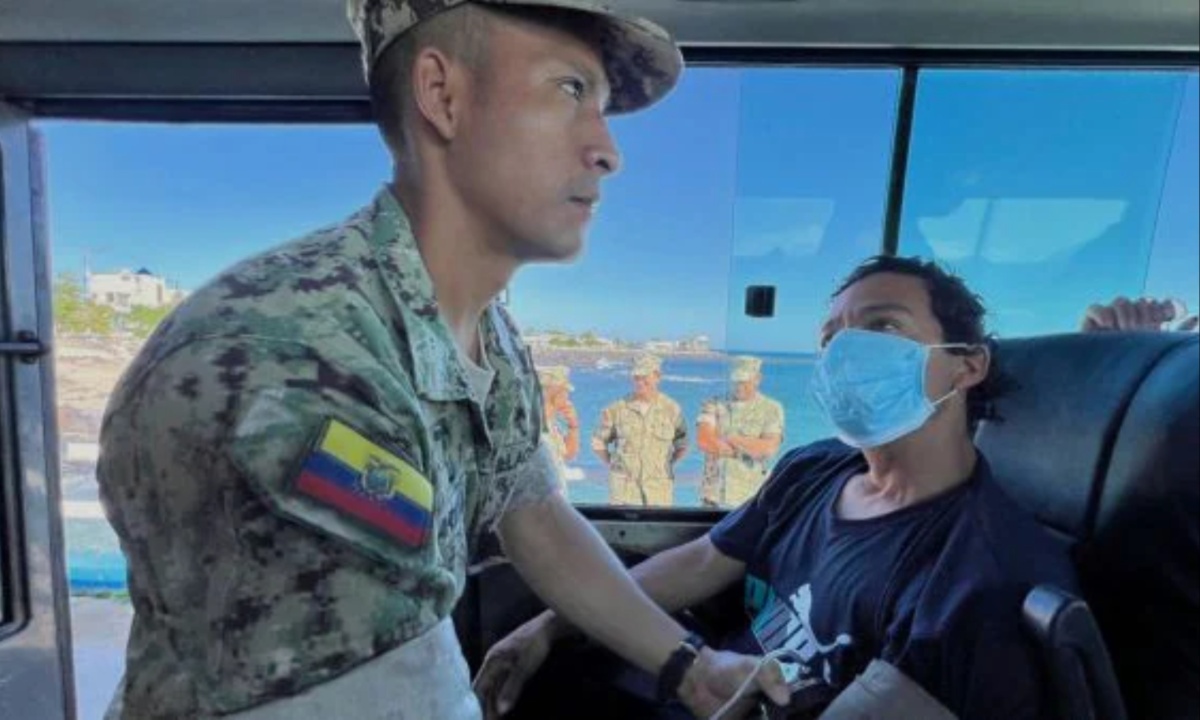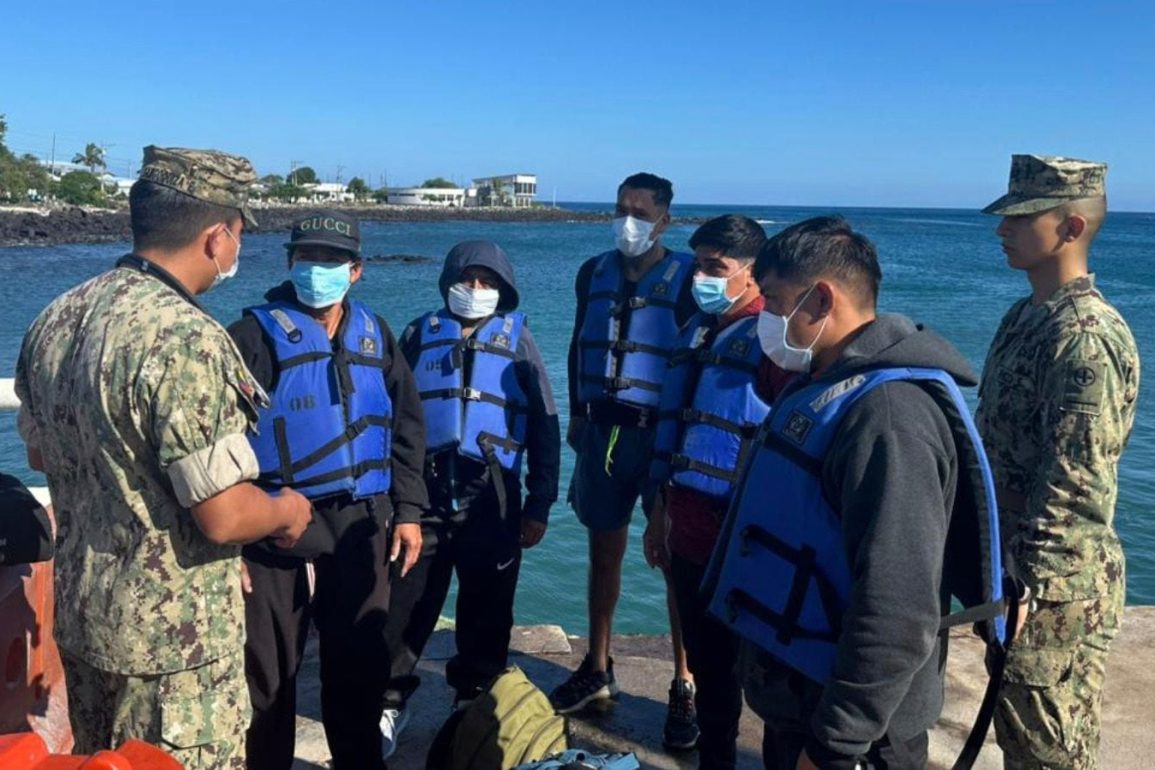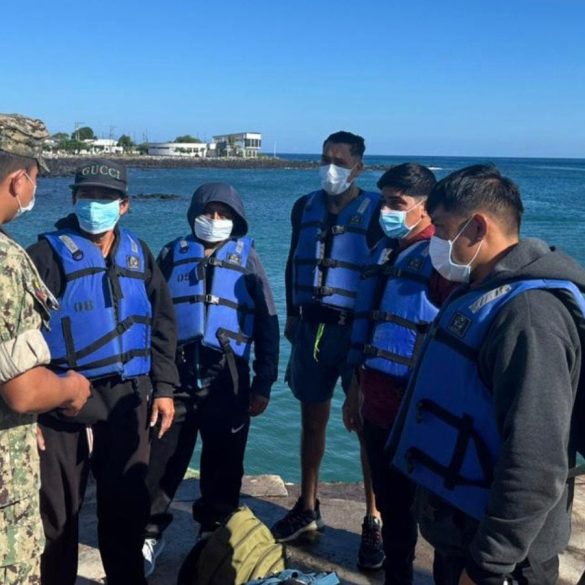Five fishermen—three Peruvians and two Colombians—were rescued after being adrift at sea for 55 days. The men arrived safely at the port in the Galapagos Islands on Saturday, according to the Ecuadorian navy. Their ordeal began when they departed from Pucusana Bay, south of Lima, Peru, in mid-March and lost communication two days later due to technical problems.
Power Failure Left Fishermen Stranded, Forcing Extreme Survival Measures in Open Waters
The fishermen’s troubles started when their boat’s alternator malfunctioned, leading to the failure of communication and navigation systems. According to Frigate Captain Maria Fares of the Ecuadorian navy, the lack of power also disabled basic onboard systems like the starter and lights. With no means of signaling for help or steering effectively, the boat drifted into open waters for nearly two months.

Despite the harsh conditions, the fishermen managed to survive by relying on desperate measures. They extracted rusted water from the boat’s engine and consumed rainwater and even seawater to stay hydrated. For food, they caught passing fish and parboiled them using rudimentary means. Their survival is seen as a testament to resilience and improvisation under extreme circumstances.
Rescue Highlights Regional Cooperation and Ongoing Dangers Faced by Stranded Fishermen at Sea
The fishermen were eventually discovered by an Ecuadorian tuna fishing vessel named Aldo on May 7 and brought to the San Cristobal Naval Base in the Galapagos Islands by May 10. A government-issued photo showed them wearing life jackets upon arrival. The navy confirmed that the men are in stable condition and efforts are underway in coordination with local and foreign authorities to repatriate them.
This incident mirrors another case earlier in the year when Máximo Napa, a 61-year-old Peruvian fisherman, spent 95 days alone at sea before being rescued by another Ecuadorian vessel. Napa safely returned to Lima in March. These recurring episodes highlight the dangers fishermen face and the critical importance of functional maritime equipment and regional rescue cooperation.









